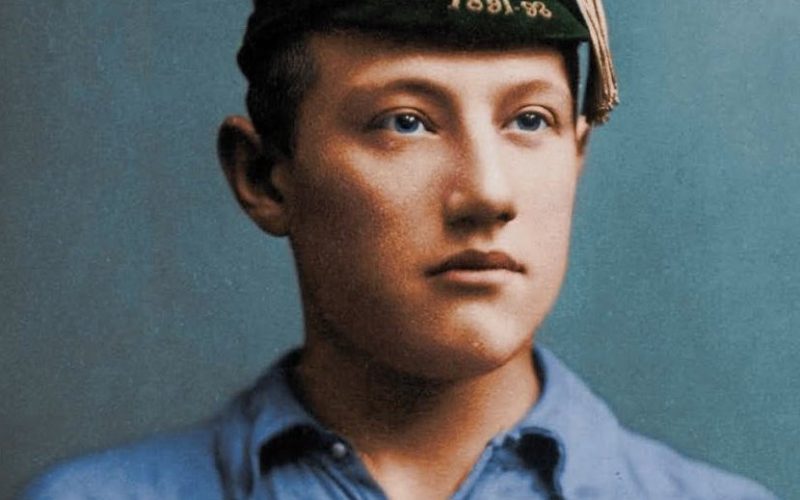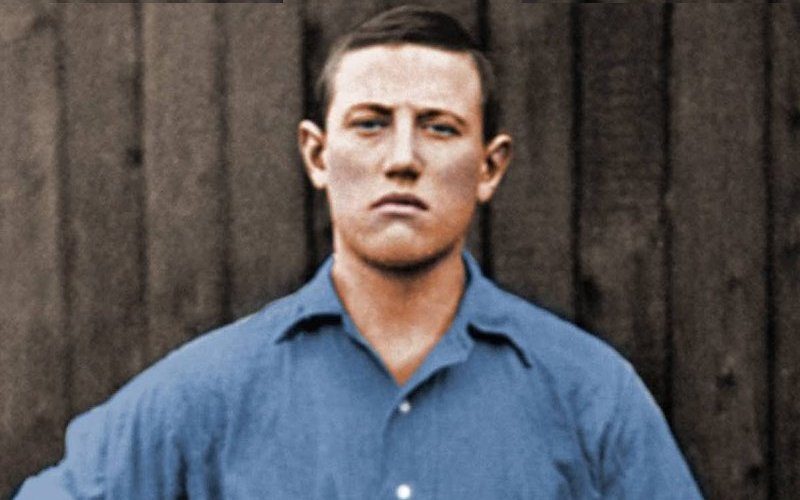Clarence Berry, Everton’s Rugby Playing Goalkeeper
Clarence Herbert Berry was the first man to sign for Everton having previously played Rugby League football at senior level. He was born on 4 October 1886, and was the fourth child of Frank and Alice who ran a grocery business on Buick Street in Warrington. Berry had begun to serve an apprenticeship as a pattern maker when he began his football career playing under association rules for a local amateur team with the name of Warrington Albion. He then switched codes and signed for Warrington Rugby League club at their Wilderspool home. Clarence Berry made his debut on 25…



